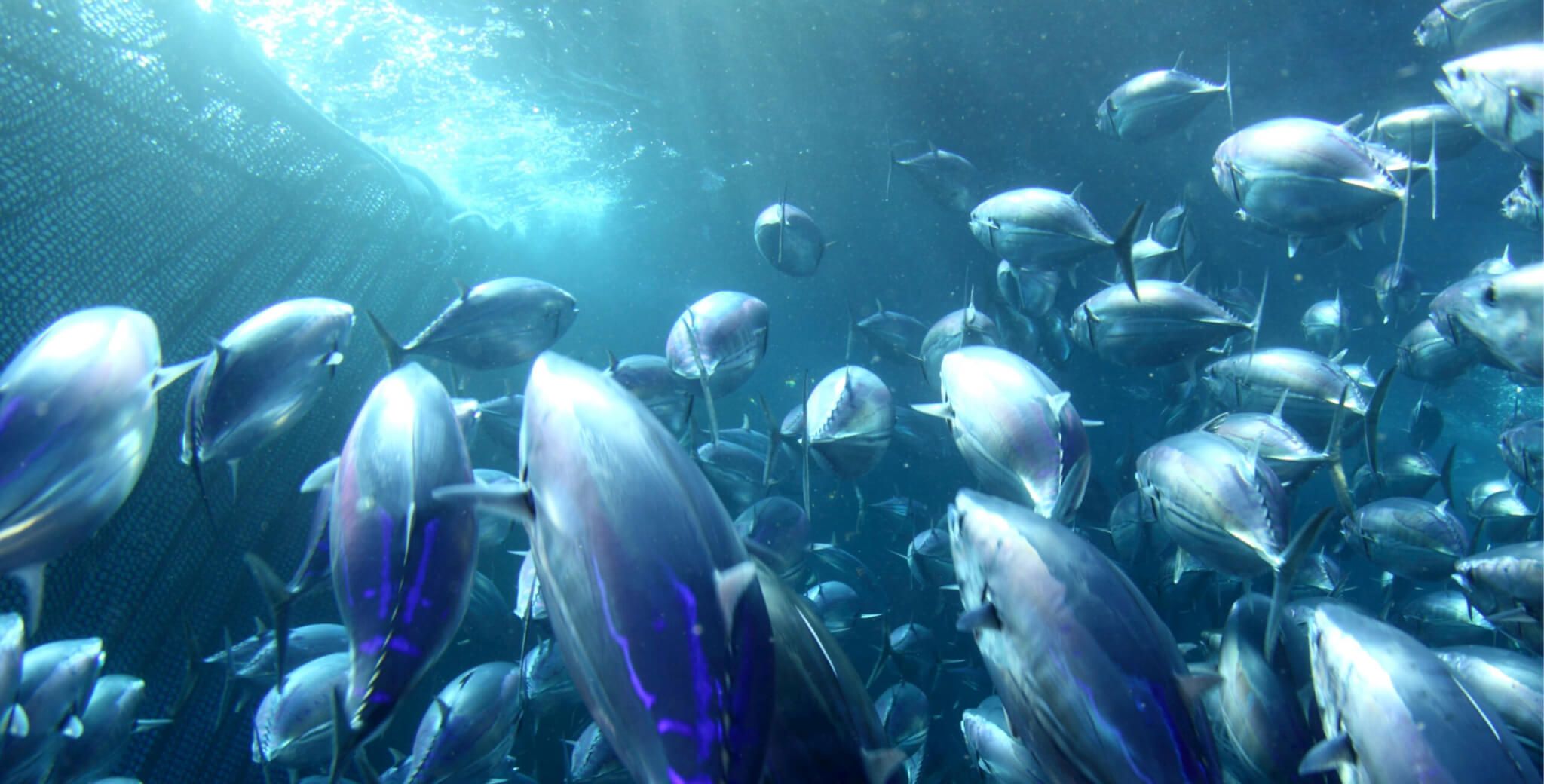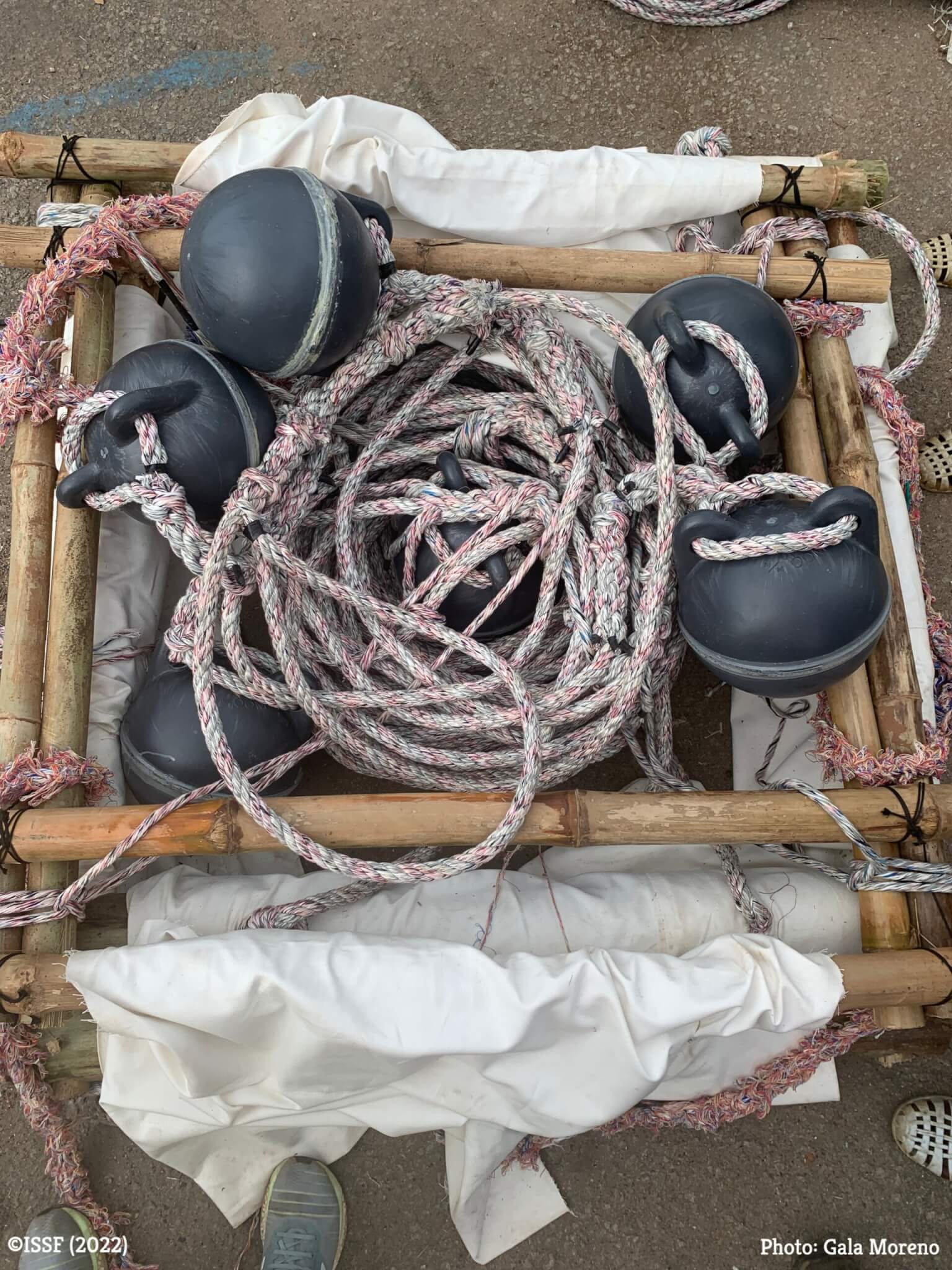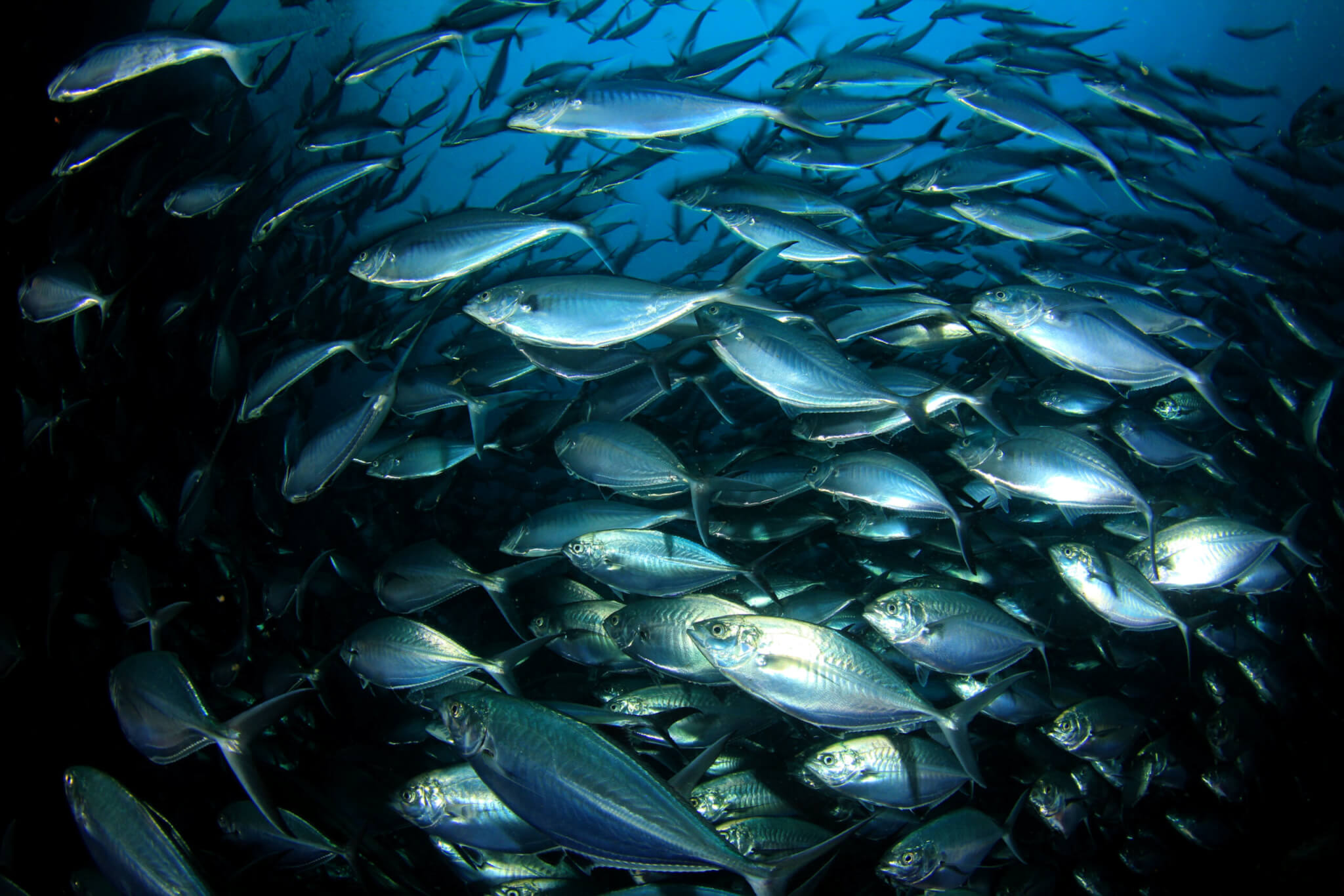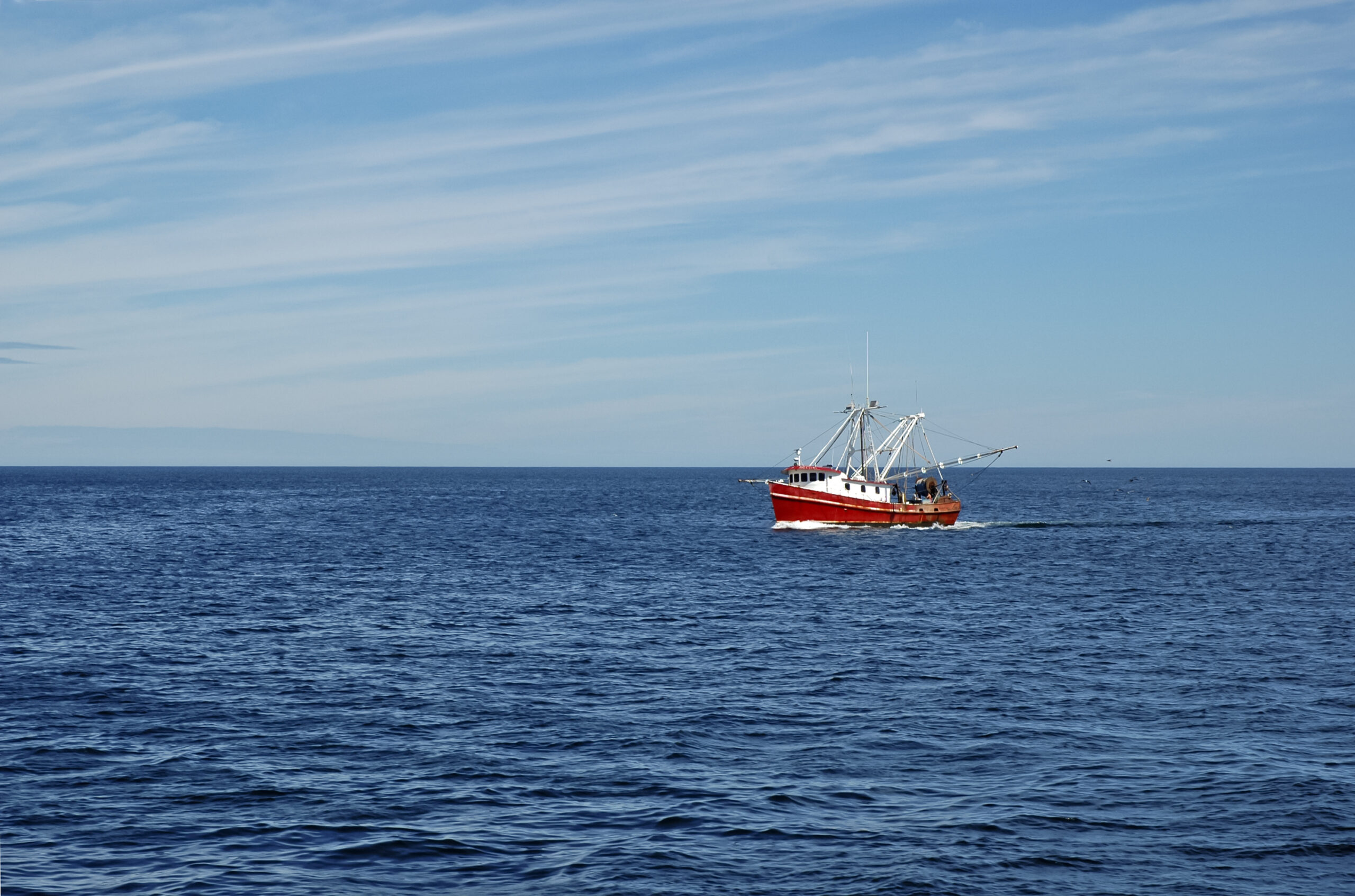Who is the ISSF Scientific Advisory Committee? | PLUS New Peer-Reviewed Articles
Featured Content
Advancing Tuna Fisheries Science
Led by ISSF’s head scientist Dr. Victor Restrepo, the ISSF Scientific Advisory Committee (SAC) comprises leading marine and fisheries scientists. The Committee plays a critical role in our work to advance tuna fisheries science so that efforts to improve the sustainability of global tuna fisheries are grounded in science.
In addition to offering guidance on ISSF research priorities and supporting the many technical reports ISSF publishes, notably our regular Status of the Stocks reports, the SAC provides reference material for the ISSF Board of Directors to consider prior to taking action on sustainability efforts.
Peer Reviewed Articles
The new Marine Stewardship Council requirements to improve ghost gear management: insights from the policy development process
Large floating abandoned, lost or discarded fishing gear (ALDFG) is frequent marine pollution in the Hawaiian Islands and Palmyra Atoll
Featured Resource
Interactive Stock Status Tool
ISSF recently expanded its “Stock Status Tool” to include an additional category of data — tuna catch trends since 1950 by purse seine, pole-and-line, longline, gillnet, and other gear types.
The tool originally debuted with two data-tracking and visualization capabilities: tuna-stock health status since 2011, and current catch share across stocks.
The new “Catch Trends” dataset and tab in the tool allow users to:
- Filter gear-type catch data by tuna species, stock area, and year range
- See data as actual catch values in tonnes or scaled to 100%
- Download graphics as images, PDFs, PowerPoint slides, or Tableau workbooks
- Download the raw dataset (CSV format) or the dataset of user-customized graphics (Excel or CSV format)
- Share graphics through email, Twitter, or Facebook via embed code or custom URLs
Featured Report
FAD Management in Tropical Tuna Purse Seine Fisheries
This report expands upon six elements of management that ISSF considers to be of utmost importance for proper management of drifting and anchored fish aggregating devices (FADs):
- Complying with flag state and RFMO reporting requirements by set type
- Voluntarily reporting additional FAD buoy data for use by RFMO science bodies
- Supporting science-based FAD limits
- Using non-entangling FADs to reduce ghost fishing
- Mitigating other environmental impacts due to FAD loss including through the use of biodegradable FADs and FAD recovery policies
- Implementing further mitigation efforts for silky sharks
We provide practical examples that fleets could adopt as their FAD management policies.



